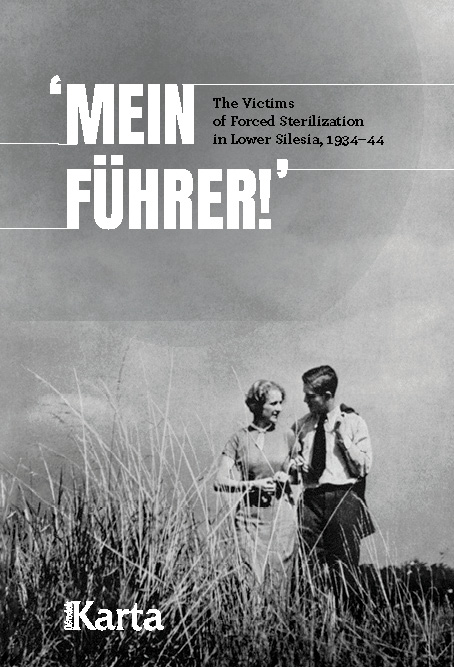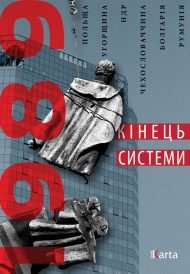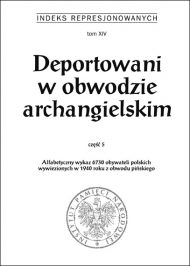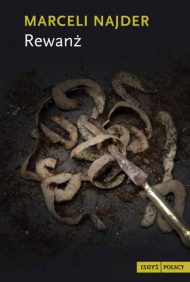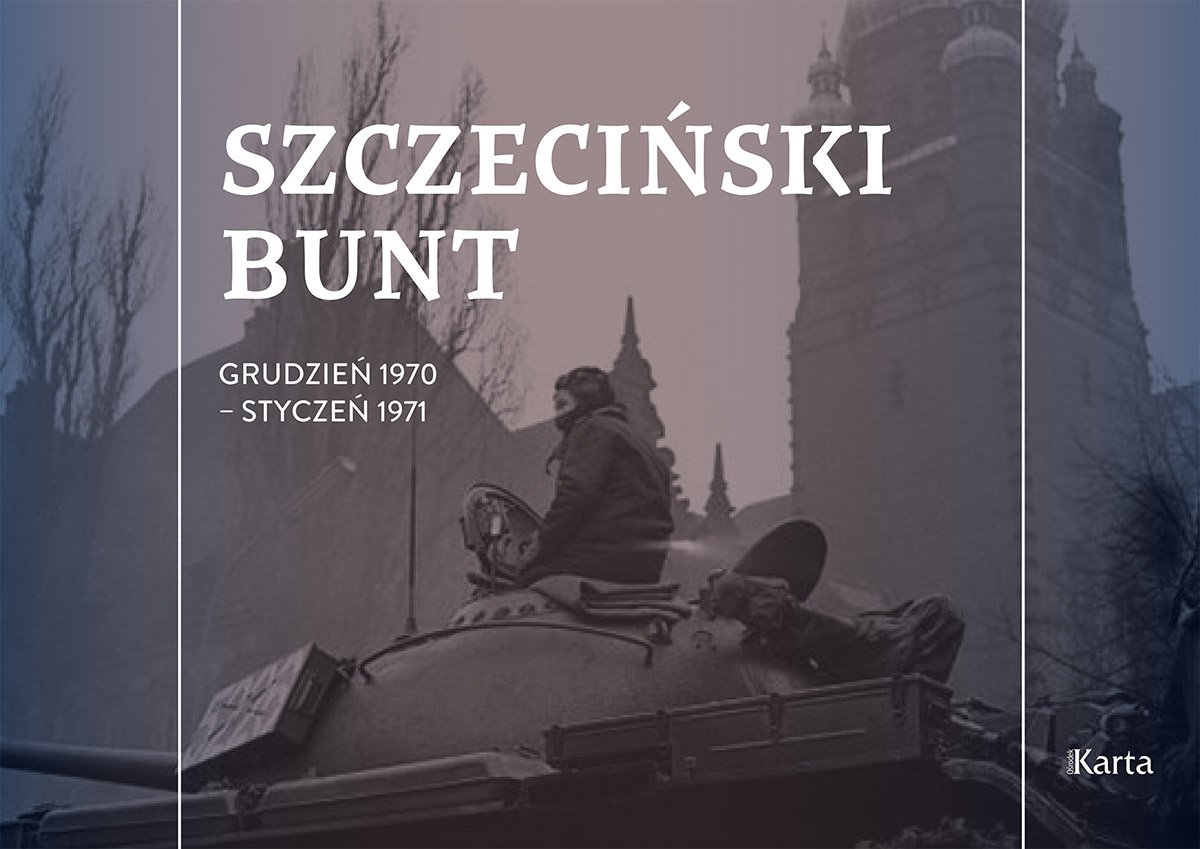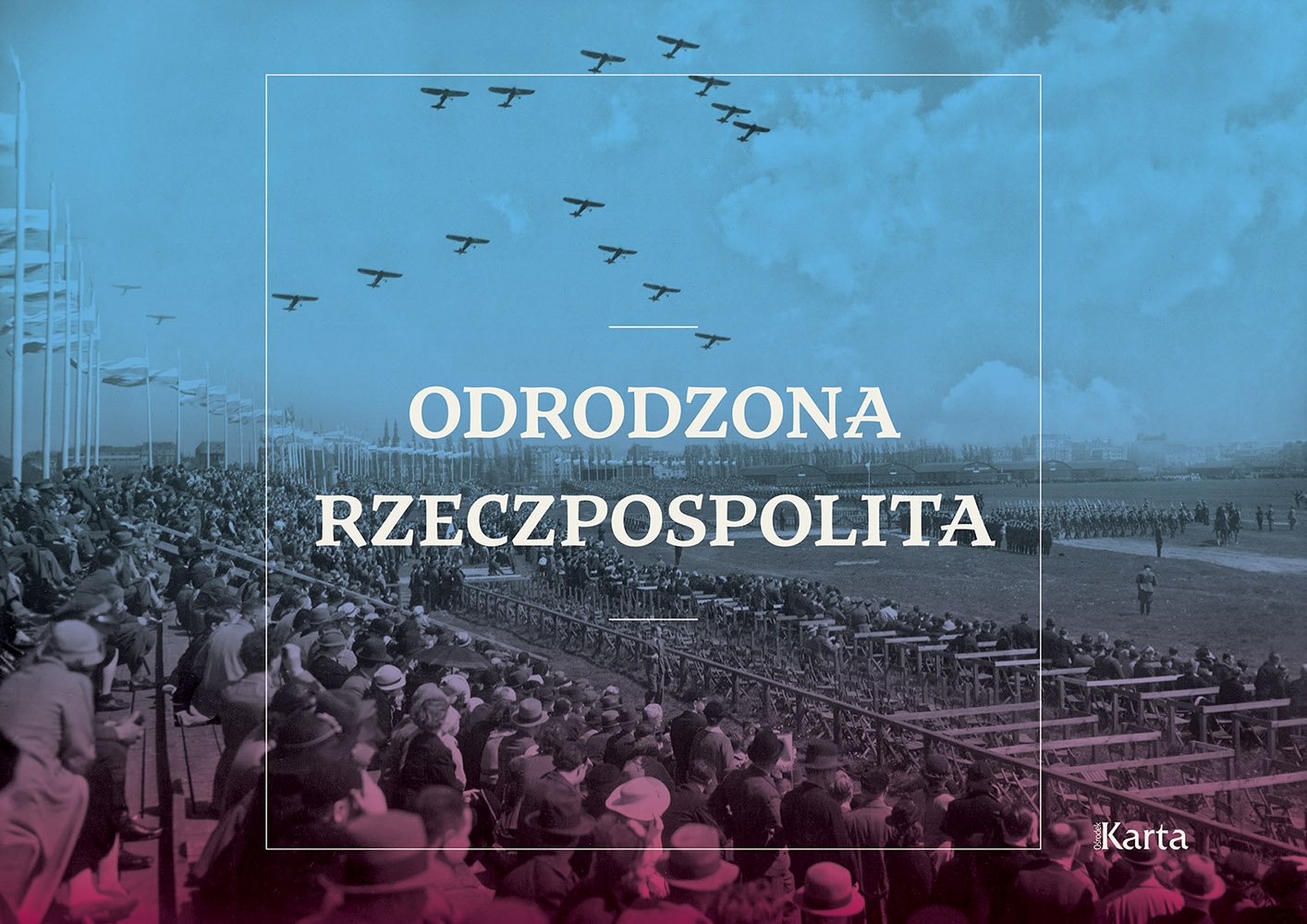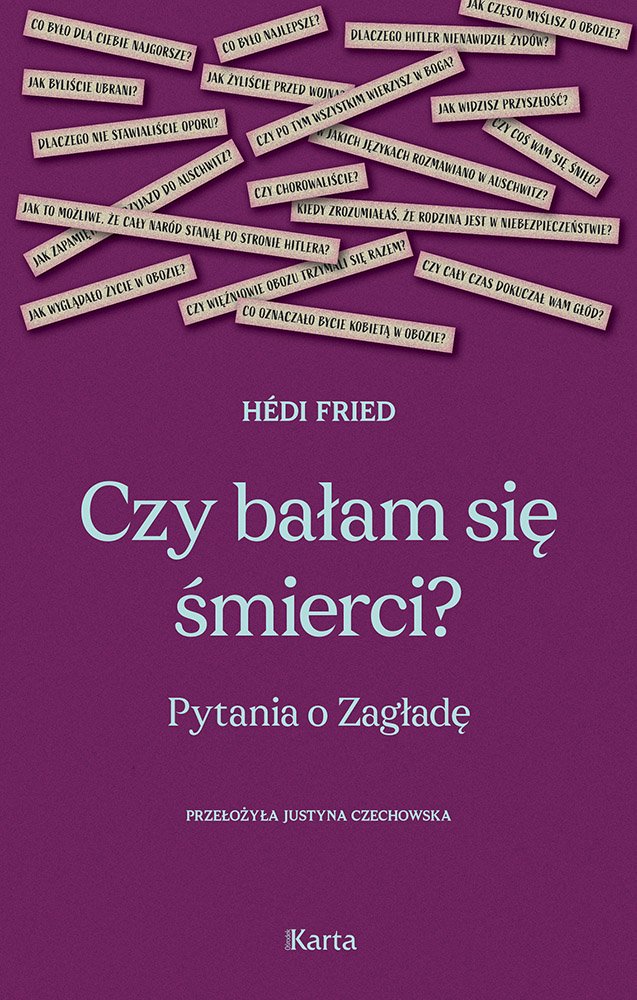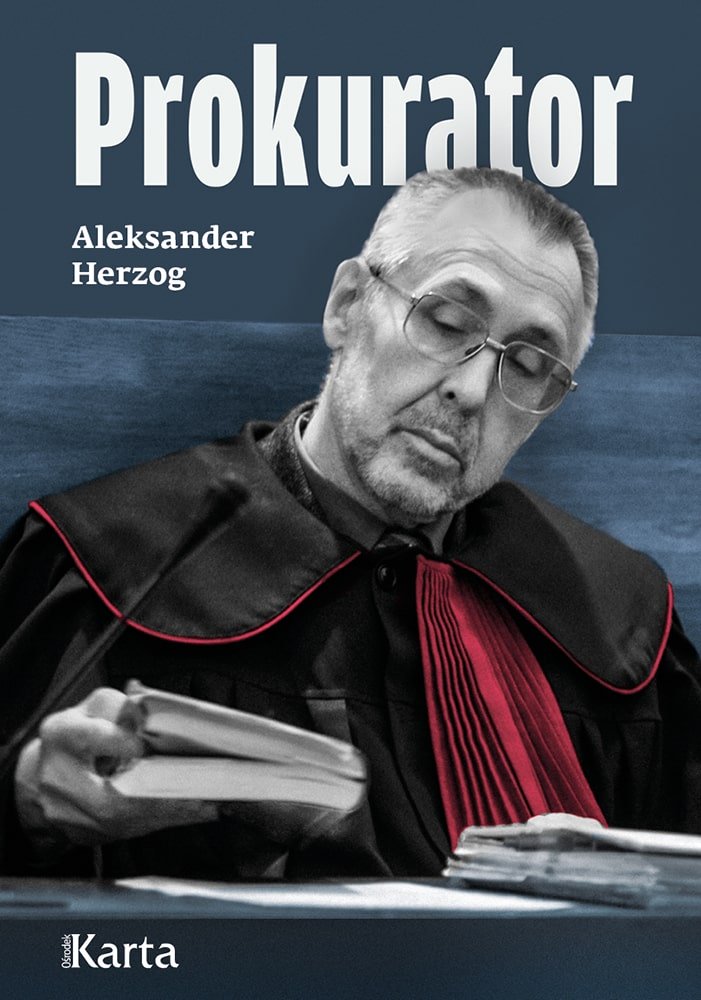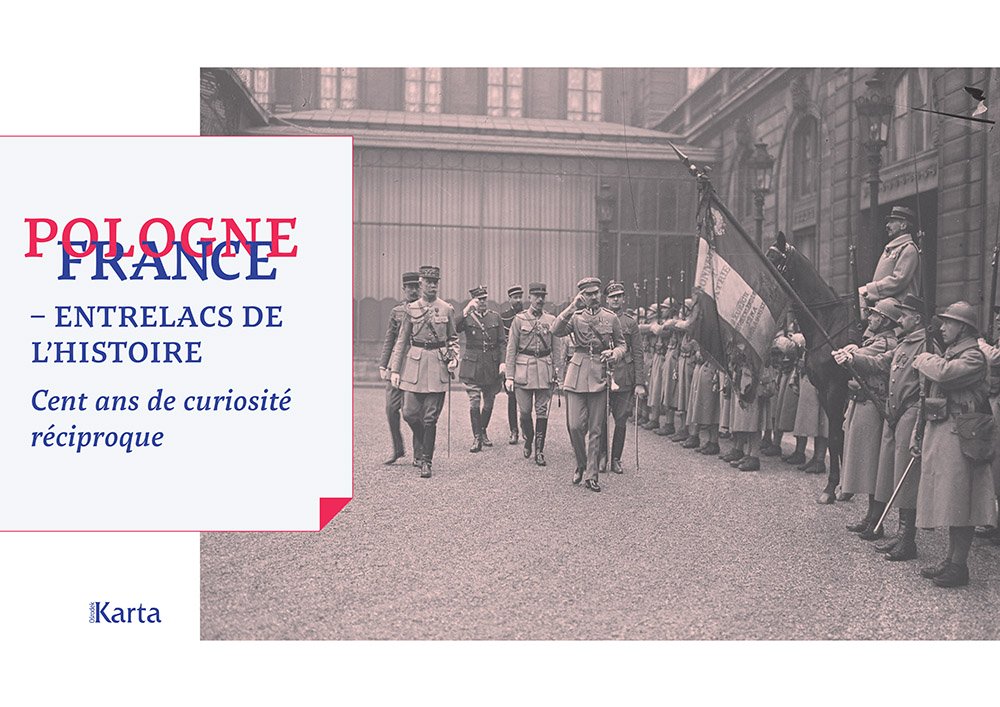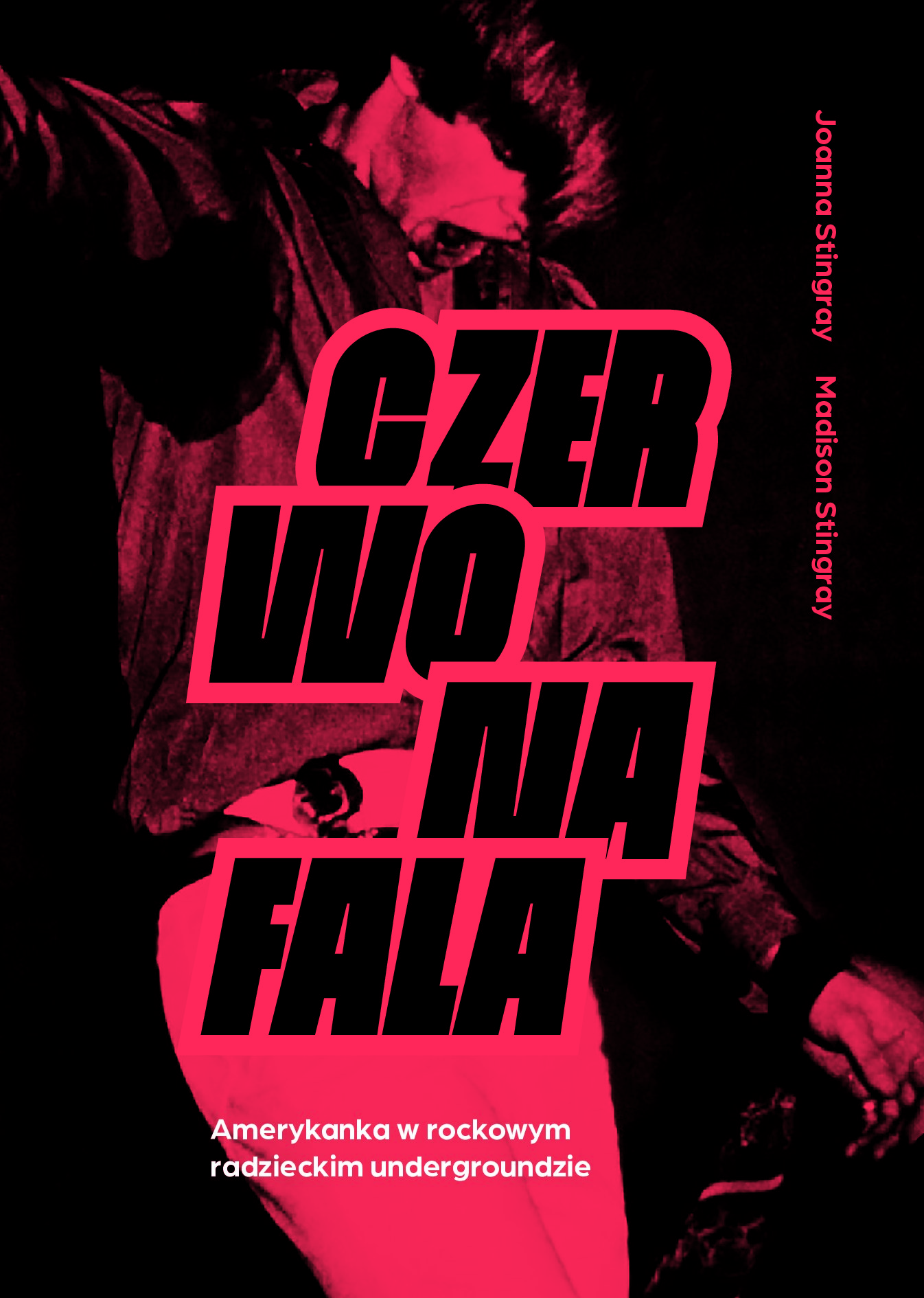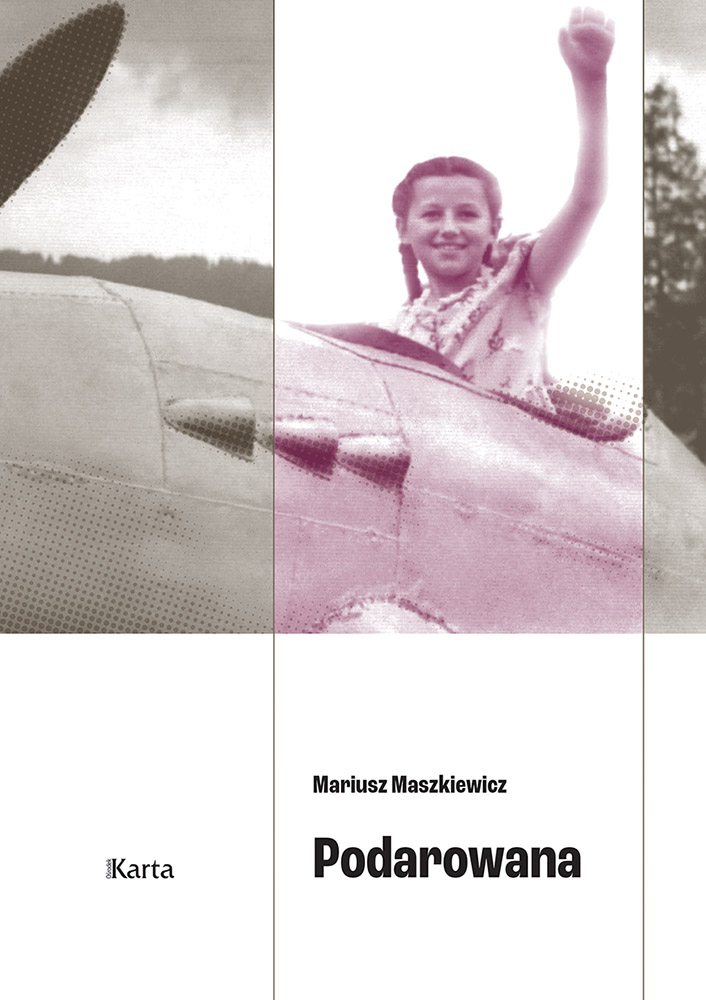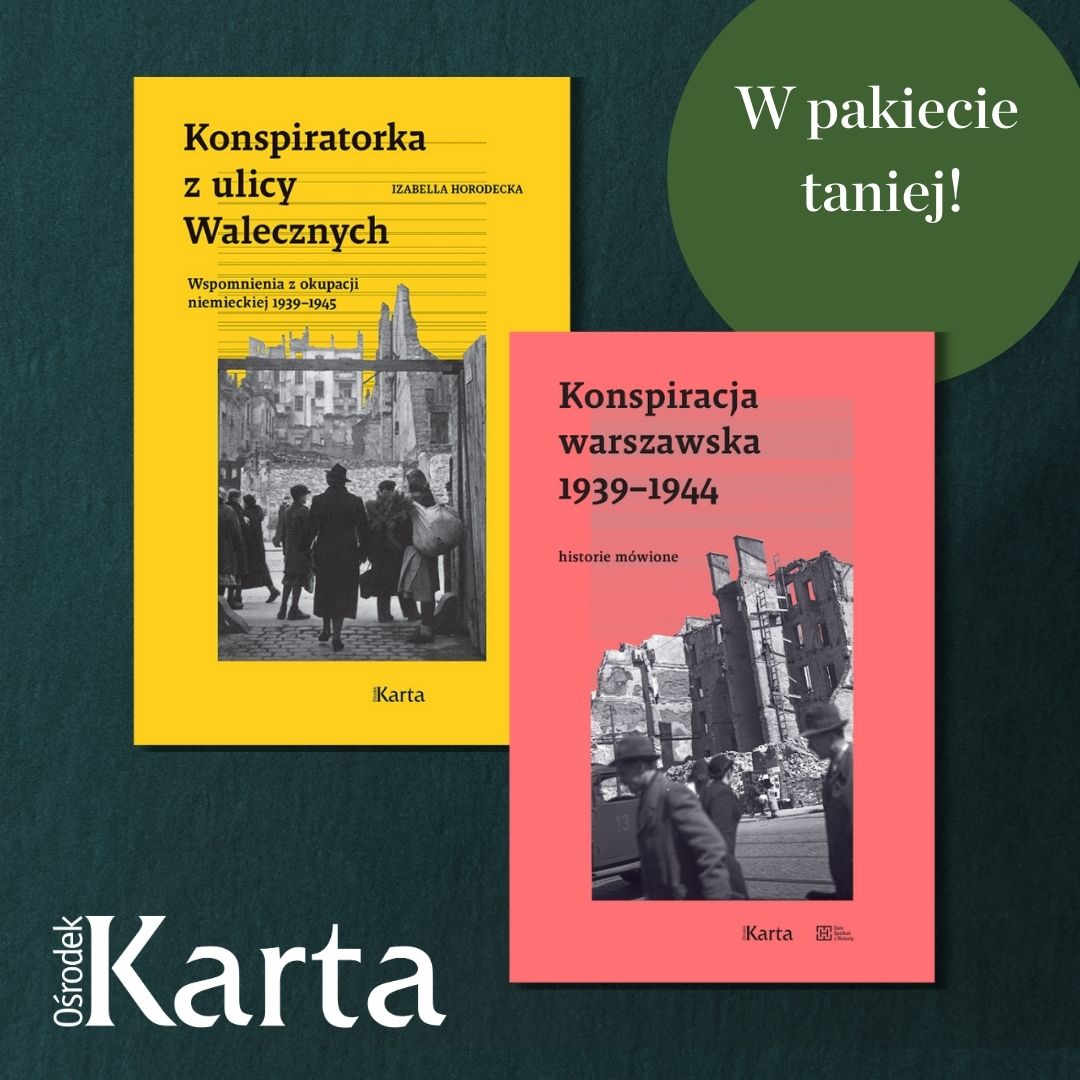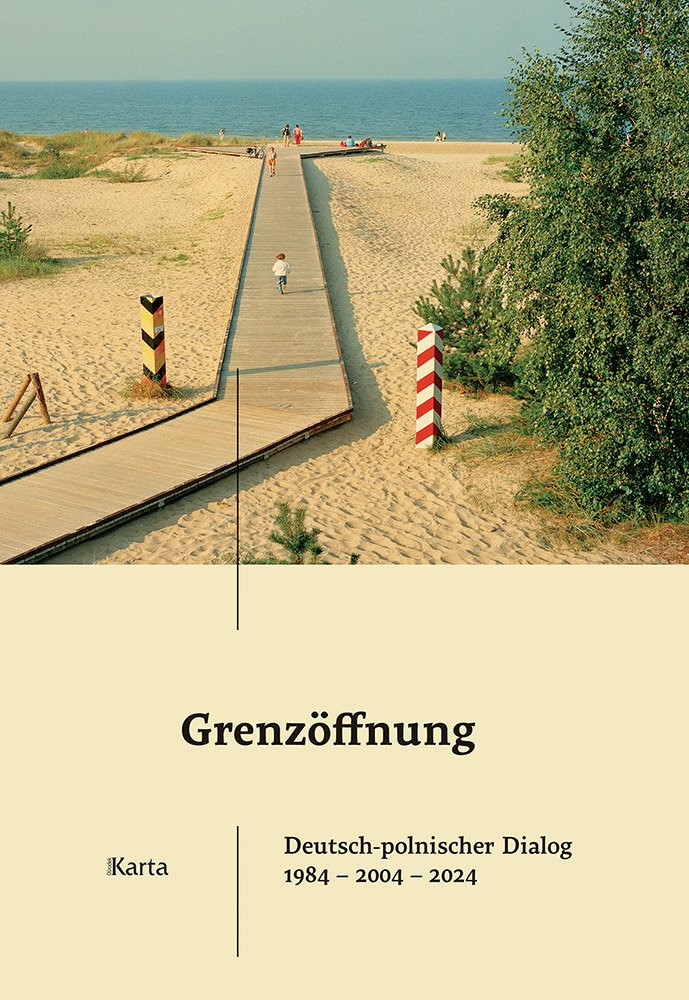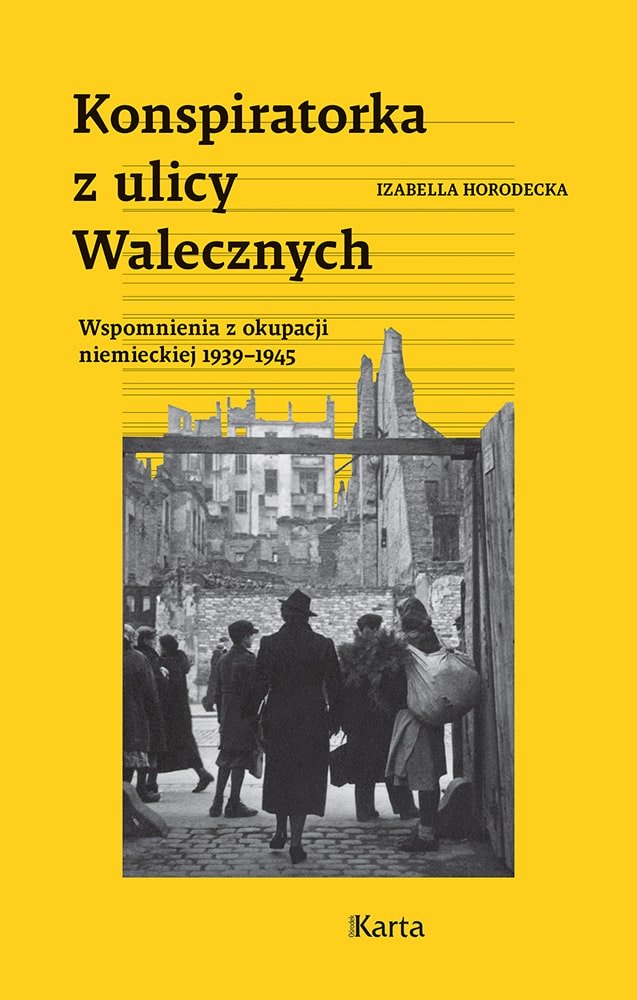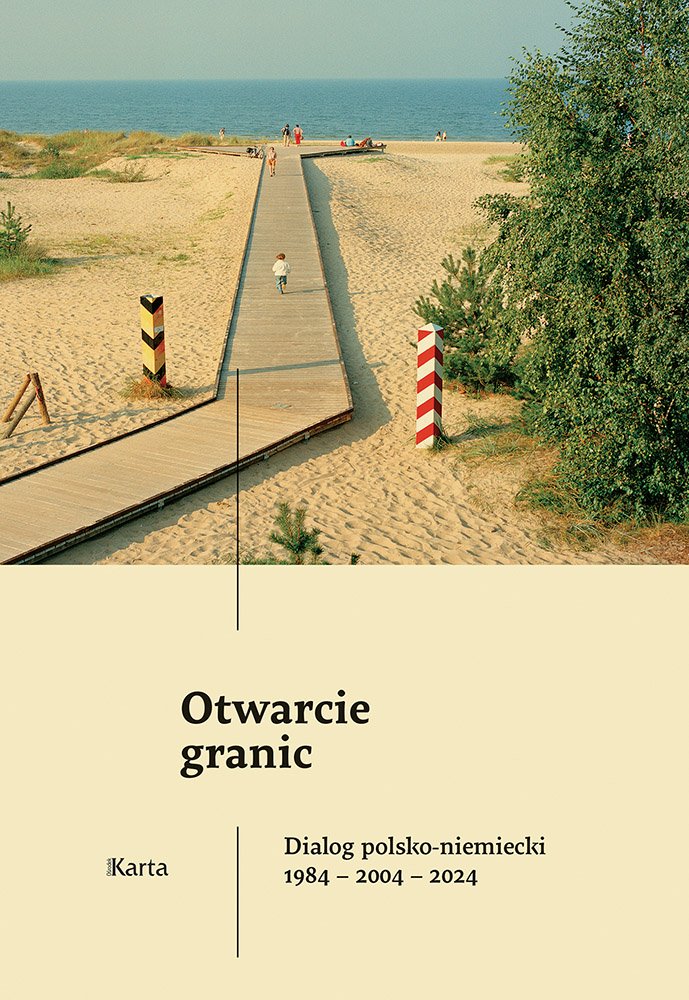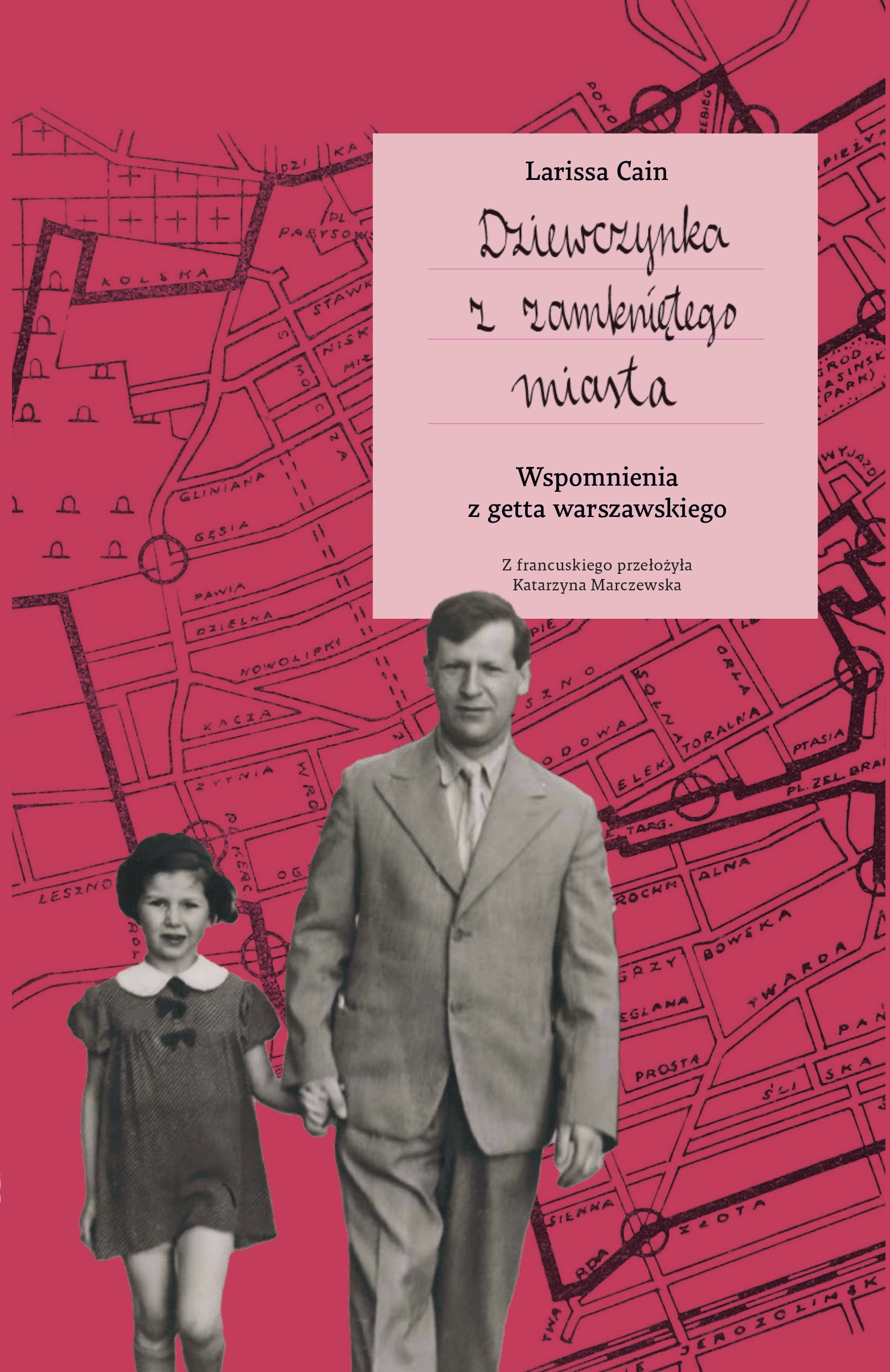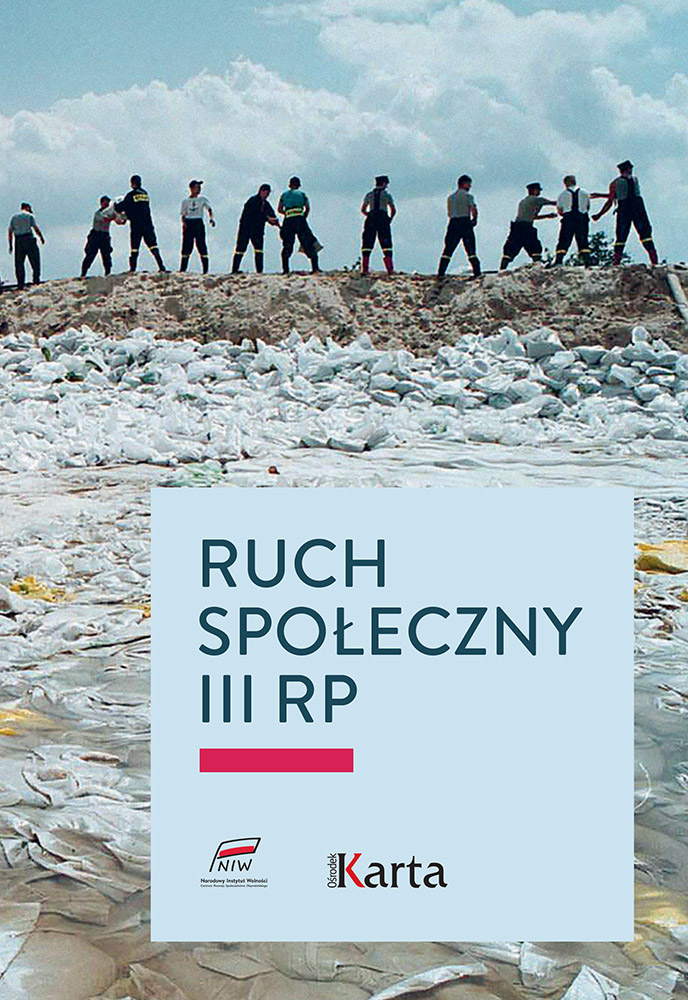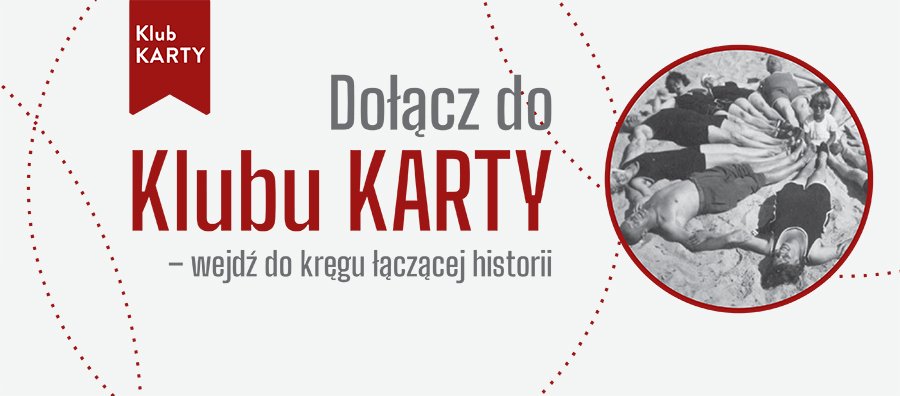© Copyright by Ośrodek KARTA, 2019
© Copyright by Joanna Ostrowska, 2019
© Copyright by Kamila Uzarczyk, 2019
Translation from Polish into English: Anna Zaranko
Translation from the German: Anna Wojnarowska-Olek
Editor: Hanna Antos
Image selection: Joanna Ostrowska, Małgorzata Pankowska, Katarzyna Płażyńska
Graphic design, typesetting: Agnieszka Warda
Photograph processing: Tandem Studio
The project “Victims of forced sterilization in Lower Silesia, 1934–44” is part of the “Forced Labour and forgotten victims” programme, funded by the “Memory, Responsibility, and Future” Foundation.
Z serii: Poza seriami
‘Mein Führer!’ The Victims of Forced Sterilization in Lower Silesia, 1934–44 (tylko wydanie cyfrowe)
0.00 zł z VAT
Opis książki
‘Mein Führer!’ is a collection of biographies of victims of forced sterilization from the Lower Silesia region. The underlying criterion behind the choice of the narratives included was the existence of documentation in the form of letters. The last resort in the forced sterilization procedure was to appeal to the Führer. The family and friends of a ‘selected’ individual – sometimes future victims themselves – addressed letters appealing for reprieve to the Reich Chancellery. These incomplete testimonies thus constitute the only surviving record of the accounts of the persecuted themselves.
——
“The law for the prevention of offspring with hereditary diseases was enacted a year after Hitler had taken power.
Everyone whom the law deemed physically or mentally ‘defective’, or who was inconvenient from a political or social viewpoint, was subjected to forced sterilization. Physicians and neighbors stood guard. Anyone could denounce you. Identification, stigmatization, exclusion lead to extermination. The Third Reich very quickly took care to create a zone free of those who might threaten the healthy tissue of the nation and burden society. These are not victims who are easily acknowledged. This book reinstates their memory and their dignity. The documents show how those condemned and their families resisted the ruling. In a state in the grip of ideological madness, no one could feel safe. Not then, not now”.
Prof. Jacek Leociak
Institute of Literary Research, Polish Academy of Sciences,
Centre for Holocaust Research, Institute of Philosophy and Sociology, Polish Academy of Sciences



